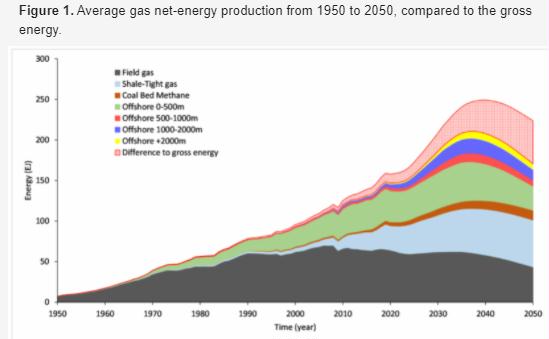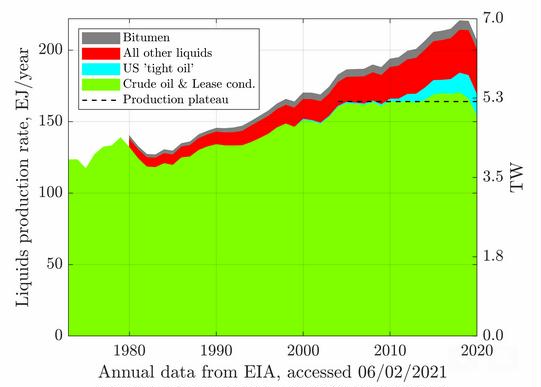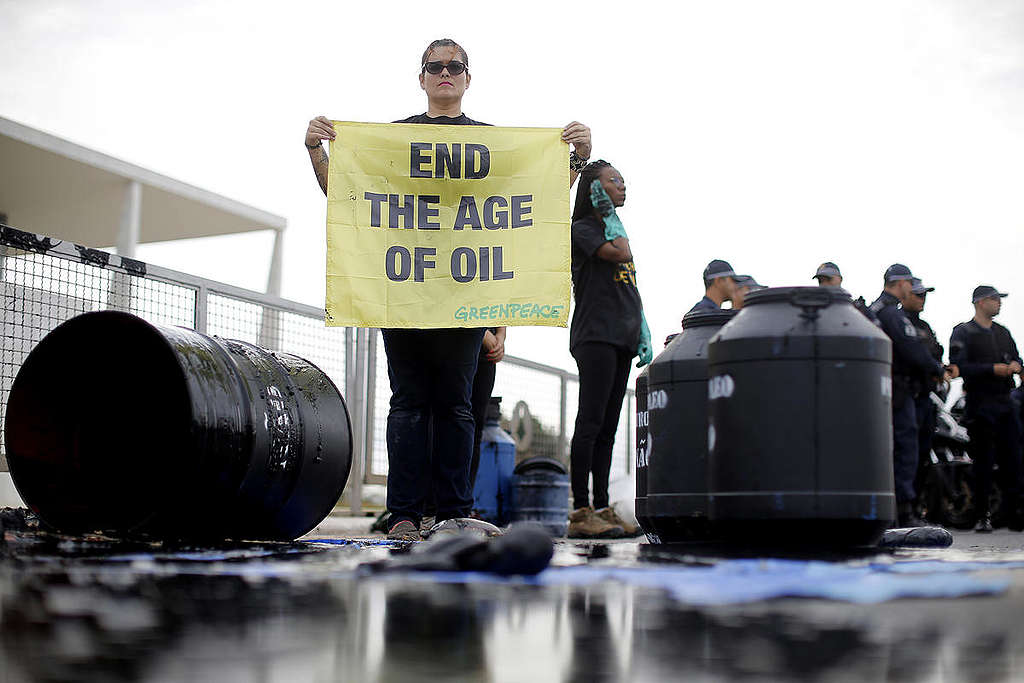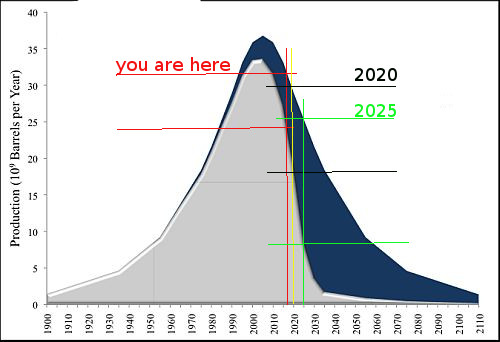
Pic 1: Druzhba oil pipeline, refineries supplied
https://fingfx.thomsonreuters.com/gfx/ce/7/4144/4136/Druzhba%20IEA.png Fig 2: Crude production peaked before Covid at around 10.6 mb/d
Fig 2: Crude production peaked before Covid at around 10.6 mb/d
That this production level would be some kind of limit was known for a long time
April 2008
The IEA’s latest medium-term outlook, published in July, points to Russia as the third largest contributor to an expected 2.6m b/d increase in non-OPEC supply, just behind Brazil and biofuels. It said that Russia would increase its production to 10.5m b/d in 2012, about 600,000 b/d above last year’s level.
https://www.ft.com/content/967448f4-0b1e-11dd-8ccf-0000779fd2ac
.
 Russian oil production might never recover to pre-coronavirus levels, the country’s Energy Ministry has forecast, according to the Kommersant business paper.
Russian oil production might never recover to pre-coronavirus levels, the country’s Energy Ministry has forecast, according to the Kommersant business paper.
In a strategy document outlining prospects for Russia’s critical oil and gas industry, the government said its “base case” — or most likely — scenario, is that Russia’s oil production will never again hit the record levels recorded in 2019.
In the last full year before the pandemic, Russia produced 560 million tons of oil — equivalent to 11.3 million barrels a day. But output dropped for the first time in more than a decade in 2020 as Russia agreed significant production cuts with Saudi Arabia and other members of the OPEC cartel in a bid to support oil prices at the start of the pandemic — pushing production down 9% to 10.3 million barrels per day.
In the scenario labelled most probable, the Energy Ministry predicts Russia’s oil output will grow over the rest of the decade — but fail to hit the record output of 2019, with production hitting a post-coronavirus peak of 11.1 million barrels a day in 2029 before decreasing to 9.4 million barrels a day by 2035.
https://www.themoscowtimes.com/2021/04/12/russia-may-have-passed-peak-oil-output-government-a73558
The Norwegian energy consultant did this analysis:
Lack of field sanctioning drives long-term oil production decline in Russia
August 2019
https://www.rystadenergy.com/newsevents/news/newsletters/EandP/lack-of-field-sanctioning-drives-long-term-oil-production-decline-in-russia/
.
 Fig 3: Rystad’s projection of Russian oil production to 2030
Fig 3: Rystad’s projection of Russian oil production to 2030
The red curve shows the impact of Covid with data from https://minenergo.gov.ru/en/activity/statistics
…click on the above link to read the rest of the article…








 Preface. This is a book review of Howard Bucknell’s Energy and the National Defense. University of Kentucky Press.
Preface. This is a book review of Howard Bucknell’s Energy and the National Defense. University of Kentucky Press.
 ry long way away. I still thought at the time that renewables would ‘save us’, or at the very least that energy efficiency would be taken up on a massive scale. None of those things happened.
ry long way away. I still thought at the time that renewables would ‘save us’, or at the very least that energy efficiency would be taken up on a massive scale. None of those things happened.

